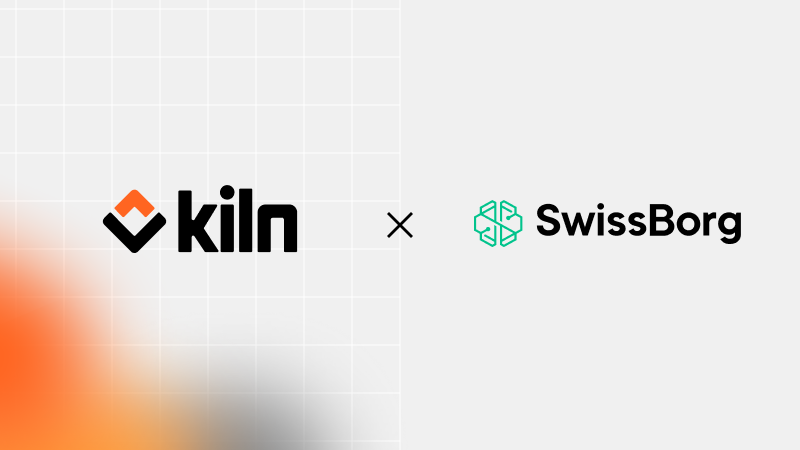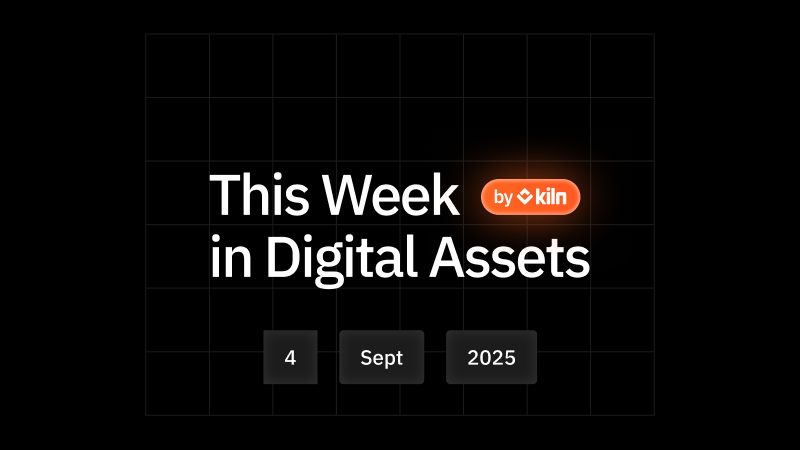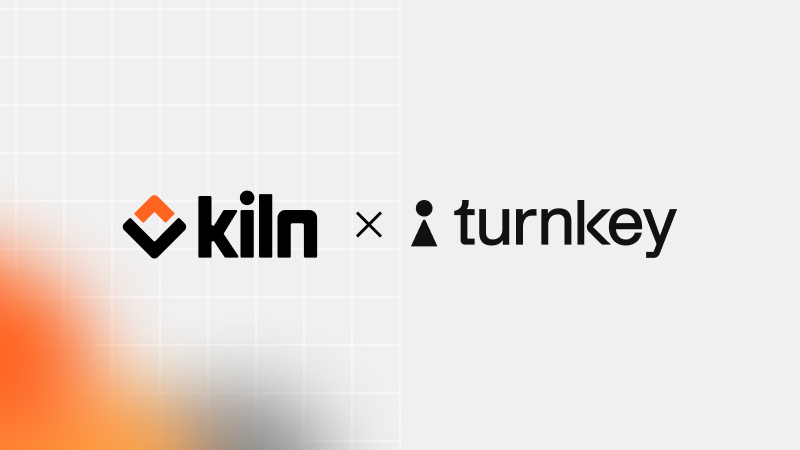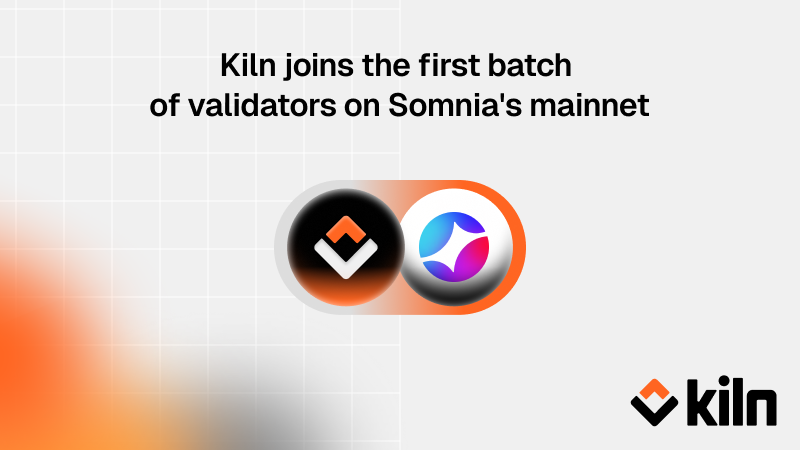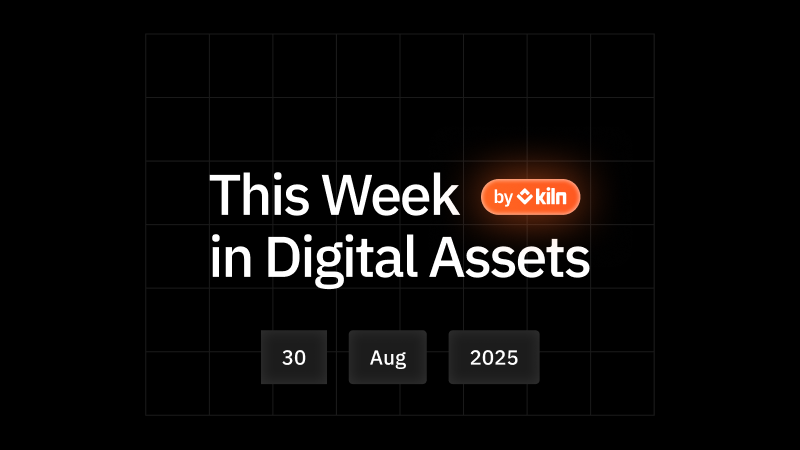What are Solana Network Extensions, and how are they different from Ethereum Layer-2s?
 < Blog
< BlogOver the past few years, we have been witnessing significant advancements in scalability and usability on Ethereum, driven by the proliferation of Layer-2 (L2) solutions that offer drastically reduced transaction fees and increased speed, thereby boosting overall network adoption. L2s achieve this by executing transactions on their own network and anchoring proofs of execution on Ethereum’s L1, hence decoupling execution from consensus.
However, these benefits come with a downside and bring new challenges to Ethereum. Competing L2s have brought liquidity and UX fragmentation and cannibalized Ethereum's Layer-1 (L1) activity. This transition has intensified following EIP-4844 ("Proto-Danksharding"), with the introduction of blobs significantly lowering L2 transaction costs, inadvertently reducing fee revenues on L1 and subsequently decreasing the amount of ETH burned, tipping ETH back into inflationary territory.

Concurrently, Ethereum's evolution is witnessing the rise of Application-specific chains (Appchains) and Layer-3 (L3) solutions, tailored platforms optimized for particular applications or communities, promising further customization and scalability, yet introducing additional complexity and competition within the broader Ethereum ecosystem.
Solana has been pursuing a monolithic vision, keeping Consensus & Execution in the same environment, preventing fragmentation and benefiting from this unique and continuous architecture to provide fast transaction finality. However, the dramatic increase in usage of Solana led to transaction congestion and failures, giving rise to the exploration of scalability solutions on Solana, similar to what we have seen on Ethereum.
So, are we going to see L2s emerging on Solana? Not exactly.
Following recent discussions within the community, a social consensus emerged not to refer to Layer-2 regarding Solana but rather “Network Extension”, which, as the name suggests, enables broadening the L1, adding value rather than competing with it.
A Solana Network Extension is an additional module acting as a coordination layer for the Solana blockchain to provide enhanced features, capabilities, or interoperability beyond the core network functions.

Network Extensions add value to Solana through personalized execution logic while still directly settling transactions on L1, preventing liquidity and UX fragmentation. Within a Network Extension, specific parameters such as latency, block time, rewards and governance structure, and more can be customized, unlocking new use cases.
The application range is wide and still largely untapped as we’re still early in the Network Extension space, but it is clear that we will soon witness the emergence of new use cases made possible on Solana thanks to Network Extensions.
For instance, in the DeFi space, we can expect financial institutions and trading firms to leverage Network Extensions for high-frequency trading purposes, thanks to microsecond transaction accuracy and scheduling or private onchain order-books enabled by solutions like Raiku.
Beyond financial use cases, Network Extensions will clearly benefit areas such as gaming, decentralized computing, AI (through agents and intents), and many more.
The modularity offered by Network Extensions allows applications to fine-tune execution rules according to their needs without sacrificing UX and fragmenting liquidity.
“At Raiku, we believe the future of supercharging Solana isn’t about fragmentation or building external layers—it’s about extending the L1 itself. Network Extensions give builders the ability to define their own execution environments without sacrificing the security, composability, or liquidity of Solana. It’s the best of both worlds: supercharged vertical execution with unified state.” — Robin A. Nordnes, Founder and CEO at Raiku
As a leading Solana operator, Kiln can support Network Extensions by running an infrastructure sidecar for our validators to manage transactions sent through a Network Extension, in addition to Solana’s native transaction flow. Running Network Extensions will directly benefit Kiln’s delegators by increasing staking rewards through enhanced transaction flow and pre-scheduling.
Summary of Solana Network Extension benefits:
- Extended functionality: Network Extensions introduce specialized features beyond Solana's core capabilities, enabling custom use cases in DeFi, gaming, and real-world asset tokenization.
- Scalability and performance: They introduce parallel transaction processing to Solana, maintaining high throughput and low-latency transactions for specialized tasks.
- Domain-specific optimizations: Network Extensions optimize performance and costs for specific applications, particularly in areas requiring very high transaction throughput or pre-scheduling.
- Reduced development overhead: Developers can leverage existing Solana extension modules rather than building from scratch, accelerating the launch of new decentralized applications.
- Infrastructure improvements: Network Extensions enhance Solana's core infrastructure through improved node operations and execution mechanisms.
A Network Extension differs from a Layer 2 solution as it is not a separate chain but operates and processes transactions within the existing Layer 1 environment and architecture. Unlike Ethereum's Layer 2 solutions, which use sequencers to batch and issue proofs on Layer 1, Network Extensions send transactions directly to existing Solana validators, maintaining unified liquidity and user experience.
This approach enables personalization and modularity, fostering new use cases on Solana without fragmenting liquidity, user experience, or communities.
About Kiln
Kiln is a leading digital asset rewards management platform, enabling businesses to earn rewards on their digital assets or white-label earning functionality into their products. Our API-first platform allows fully automated management of validators, rewards, data, and commissions. Kiln manages over $11 billion in digital assets, with a strong track record on Solana network operating around 2.5% of Solana’s total staked assets. Kiln is also SOC 2 Type II certified.
About Kiln
Kiln is the leading staking and digital asset rewards management platform, enabling institutional customers to earn rewards on their digital assets, or to whitelabel earning functionality into their products. Kiln runs validators on all major PoS blockchains, with over $11 billion in crypto assets being programmatically staked and running over 5% of the Ethereum network on a multi-client, multi-cloud, and multi-region infrastructure. Kiln also provides a validator-agnostic suite of products for fully automated deployment of validators and reporting and commission management, enabling custodians, wallets, and exchanges to streamline staking or DeFi operations across providers. Kiln is SOC2 Type 2 certified.










